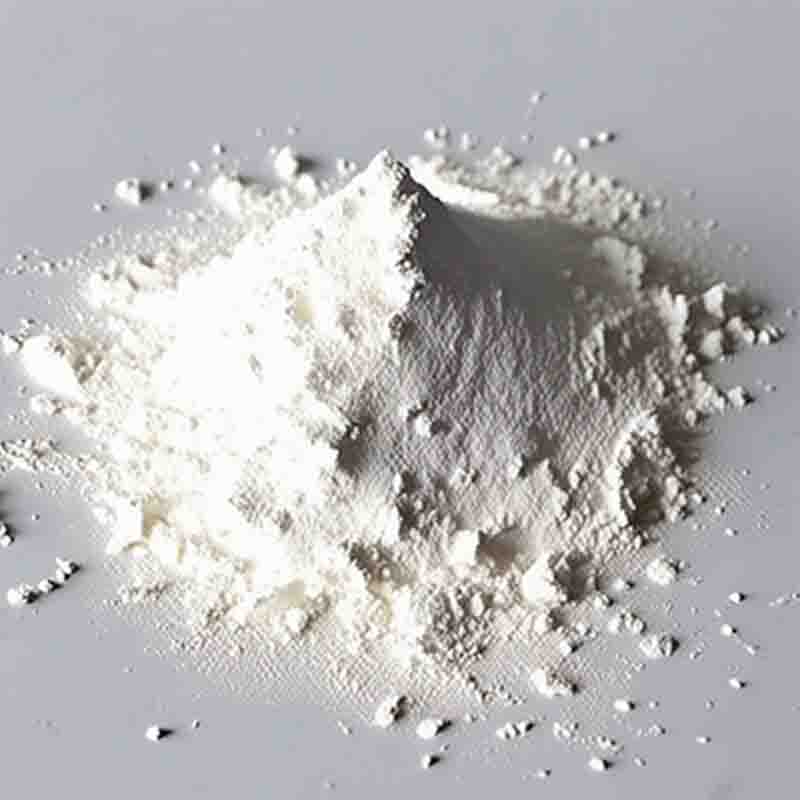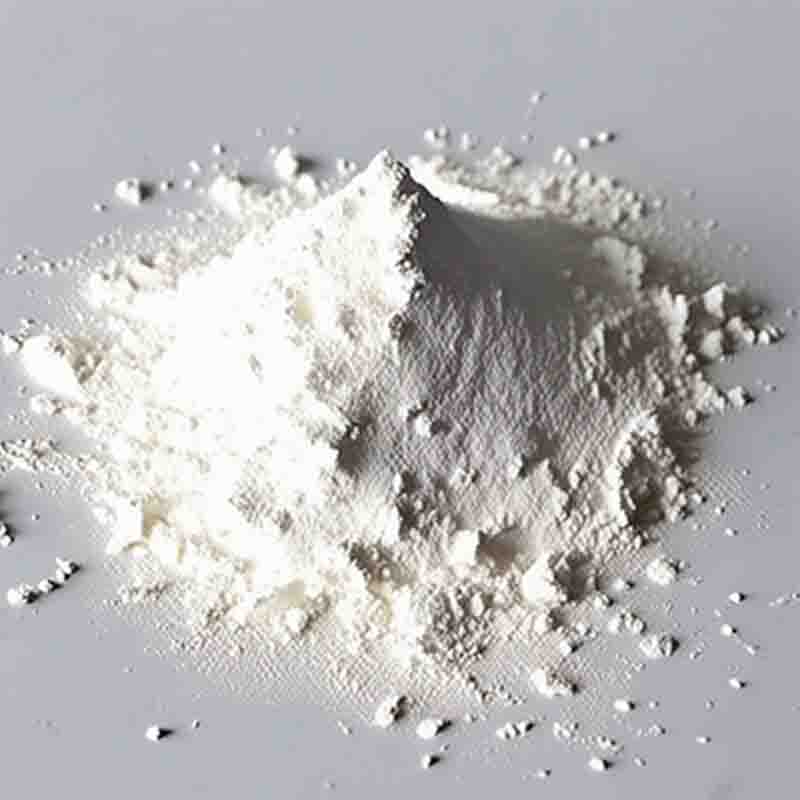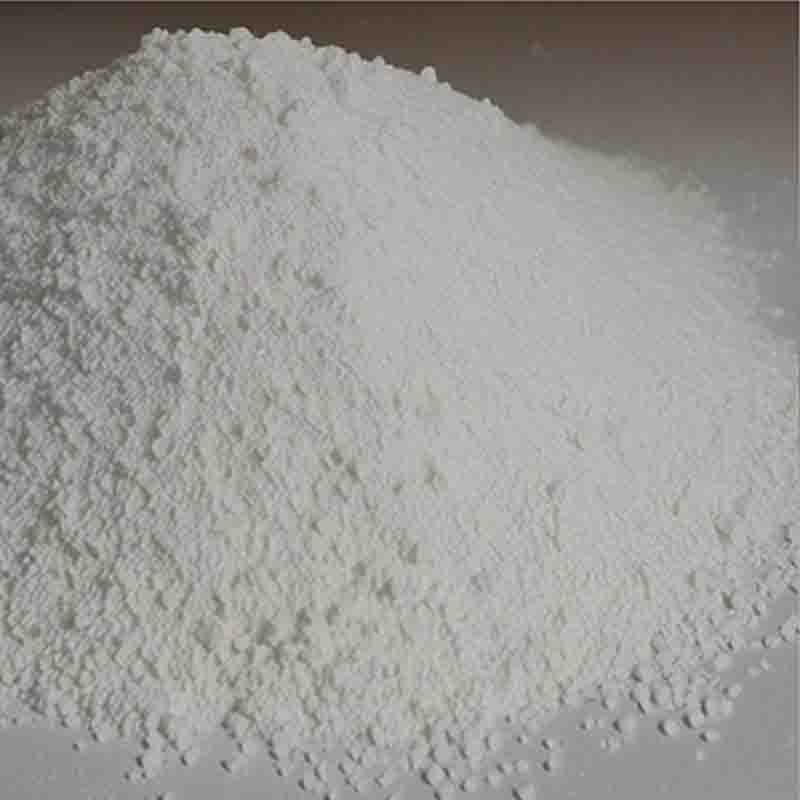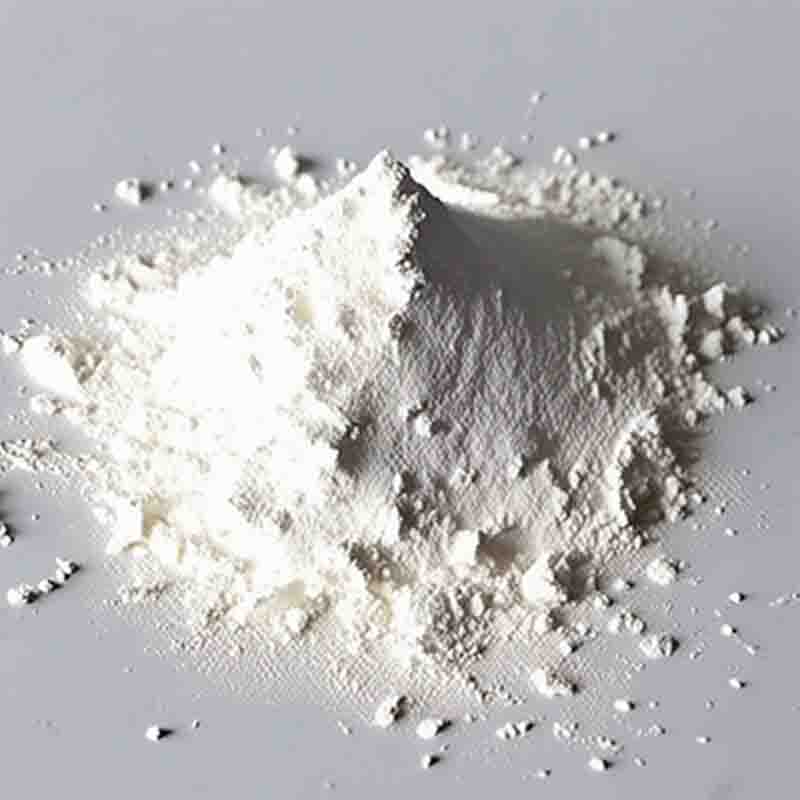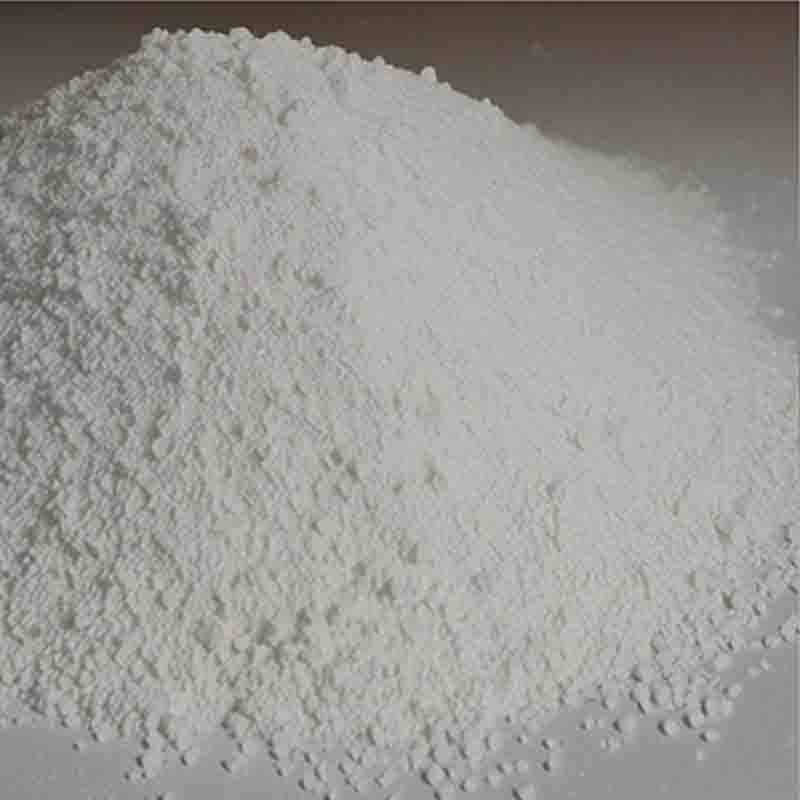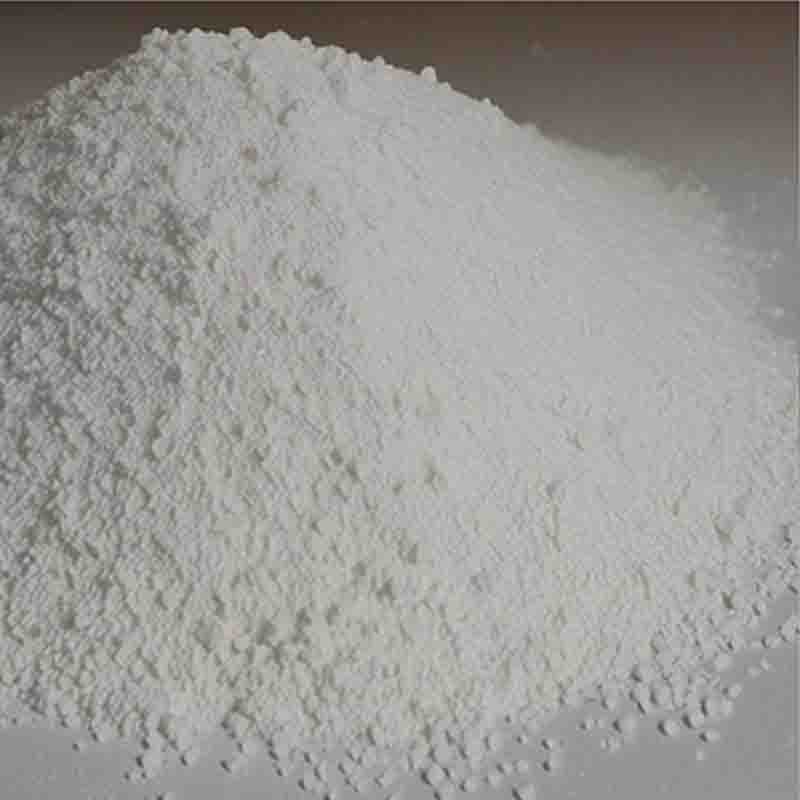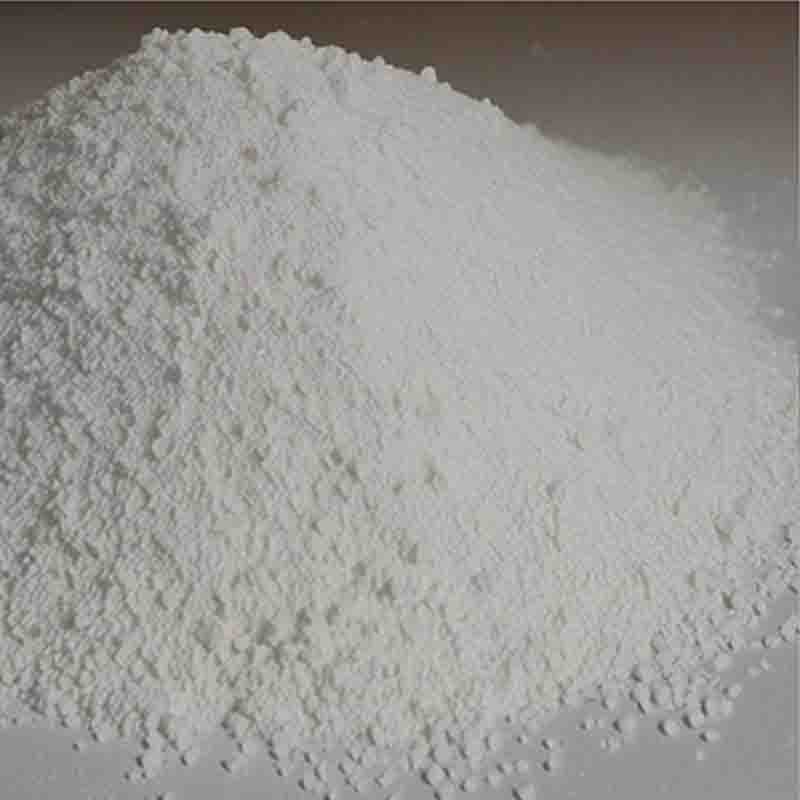2-Hydroxy-1,4-naphthoquinone CAS:83-72-7
| Catalog Number | XD95319 |
| Product Name | 2-Hydroxy-1,4-naphthoquinone |
| CAS | 83-72-7 |
| Molecular Formula | C10H6O3 |
| Molecular Weight | 174.15 |
| Storage Details | Ambient |
Product Specification
| Appearance | White powder |
| Assay | 99% min |
2-Hydroxy-1,4-naphthoquinone, also known as juglone, is a natural compound found in the roots, leaves, and fruits of various plants, particularly the black walnut tree. It has been studied for its diverse effects and potential applications. In this text, we will explore some of the key characteristics and effects of 2-Hydroxy-1,4-naphthoquinone.One of the well-known effects of 2-Hydroxy-1,4-naphthoquinone is its allelopathic activity. Allelopathy refers to the ability of a plant to release chemical compounds that inhibit the growth of neighboring plants. Juglone, being allelopathic in nature, acts as a natural herbicide, preventing the growth of certain plants in its vicinity. This allelopathic effect helps black walnut trees compete for resources by reducing competition from other plant species, ultimately ensuring their own survival and growth.Furthermore, 2-Hydroxy-1,4-naphthoquinone exhibits antimicrobial and antifungal activity. It has been studied for its effectiveness against various types of bacteria and fungi. Its antimicrobial properties are particularly significant in the fields of medicine and agriculture. Juglone and its derivatives have shown potential as natural antimicrobial agents, offering an alternative to synthetic chemicals and reducing the emergence of antibiotic resistance.Moreover, 2-Hydroxy-1,4-naphthoquinone has been reported to possess antioxidant properties. Antioxidants are substances that can neutralize harmful free radicals in the body, protecting cells from oxidative damage. Juglone's antioxidant activity may contribute to its potential health benefits, including its ability to protect against oxidative stress and inflammation. This property has attracted interest in the study of its potential use in dietary supplements and natural health products.Additionally, 2-Hydroxy-1,4-naphthoquinone has shown cytotoxic effects against cancer cells in various studies. It has been investigated for its potential use as an anticancer agent, either alone or in combination with other drugs. The compound's ability to induce apoptosis (cell death) in cancer cells and inhibit tumor growth has shown promise in preclinical studies. However, further research is needed to determine its effectiveness and safety in human cancer treatment.It is important to note that while 2-Hydroxy-1,4-naphthoquinone exhibits various effects and potential applications, its concentration, formulation, and specific context may affect its effectiveness and safety. Further research is necessary to fully understand its mechanisms of action, optimize its properties, and evaluate its potential in different applications.In conclusion, 2-Hydroxy-1,4-naphthoquinone, or juglone, demonstrates diverse effects, including allelopathic activity, antimicrobial and antifungal properties, antioxidant activity, and potential anticancer effects. Ongoing research is crucial to explore its full range of benefits, develop new applications, and determine its optimal dosage and formulation for various fields, including agriculture, medicine, and natural health products.


